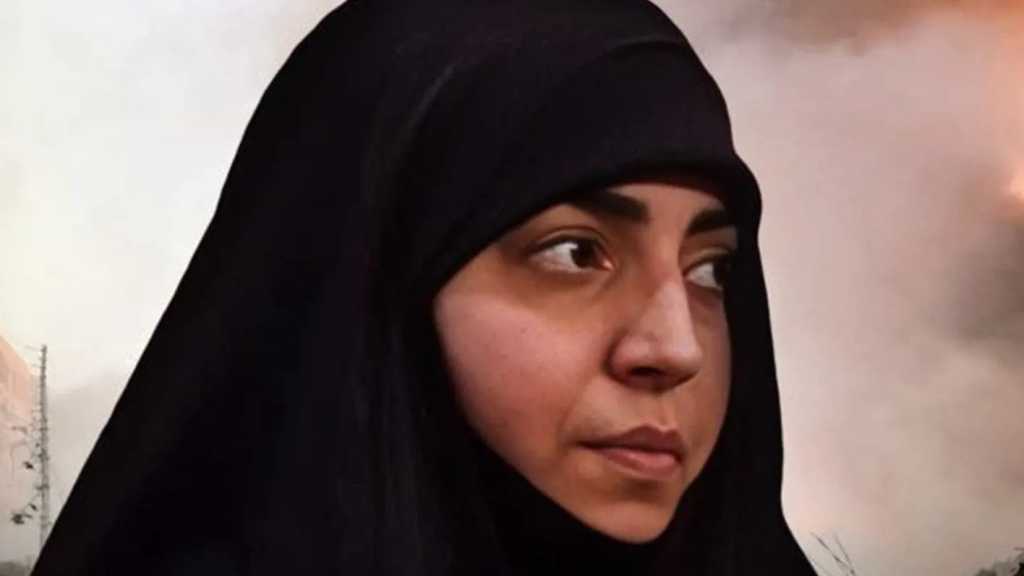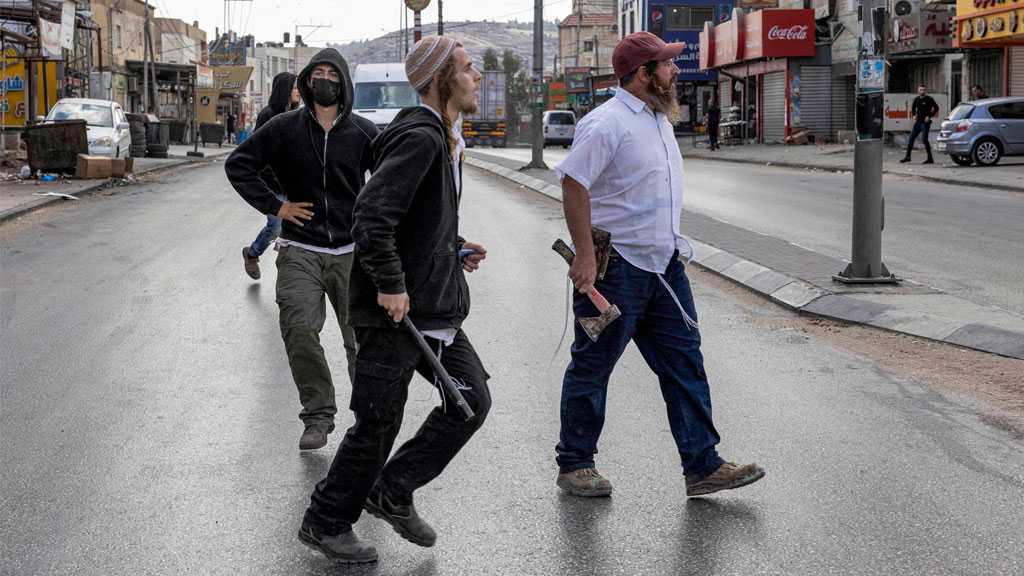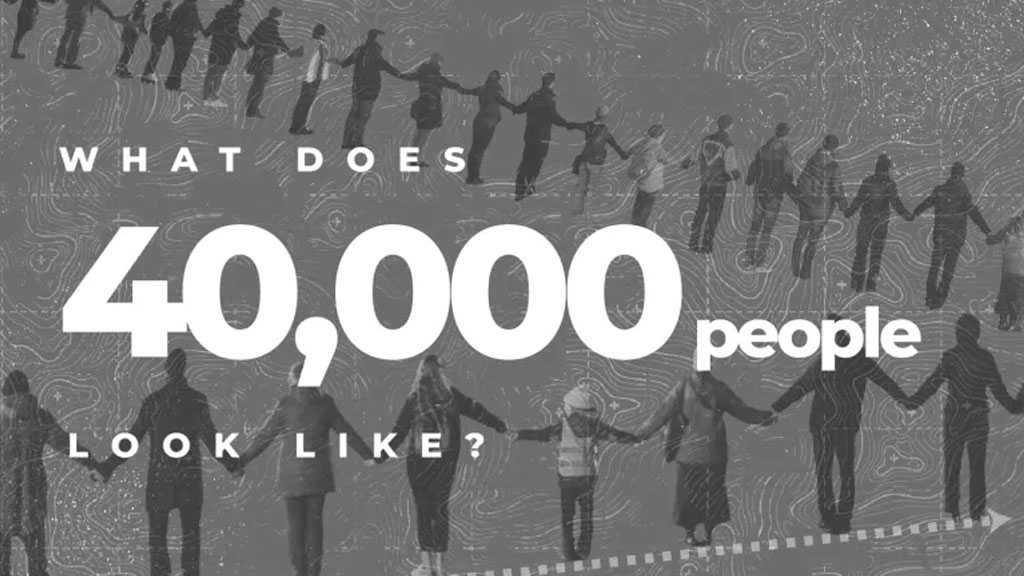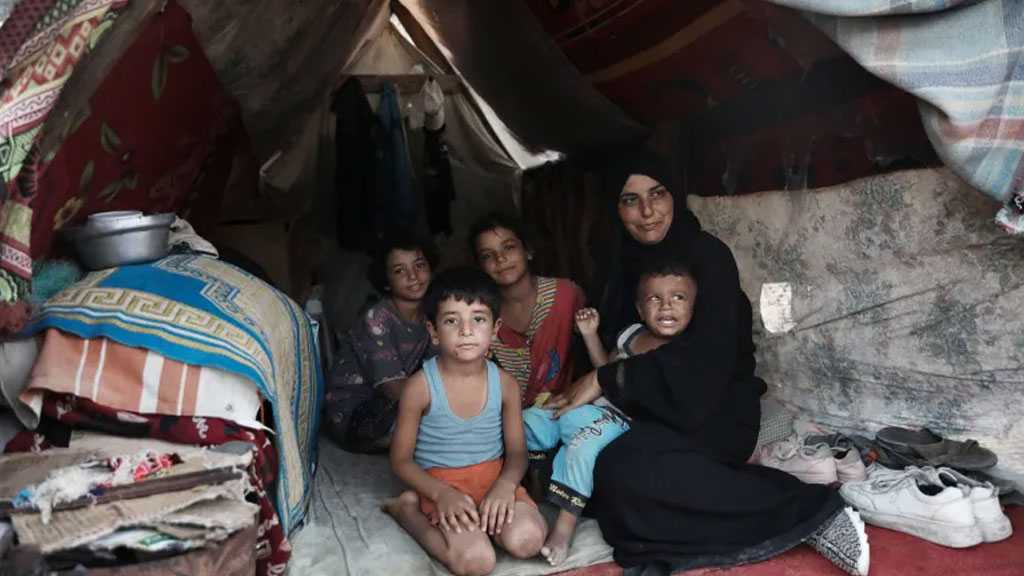In Gaza, Grieving Our Loved Ones Is A Privilege Amid ‘Israel’s’ Genocidal War
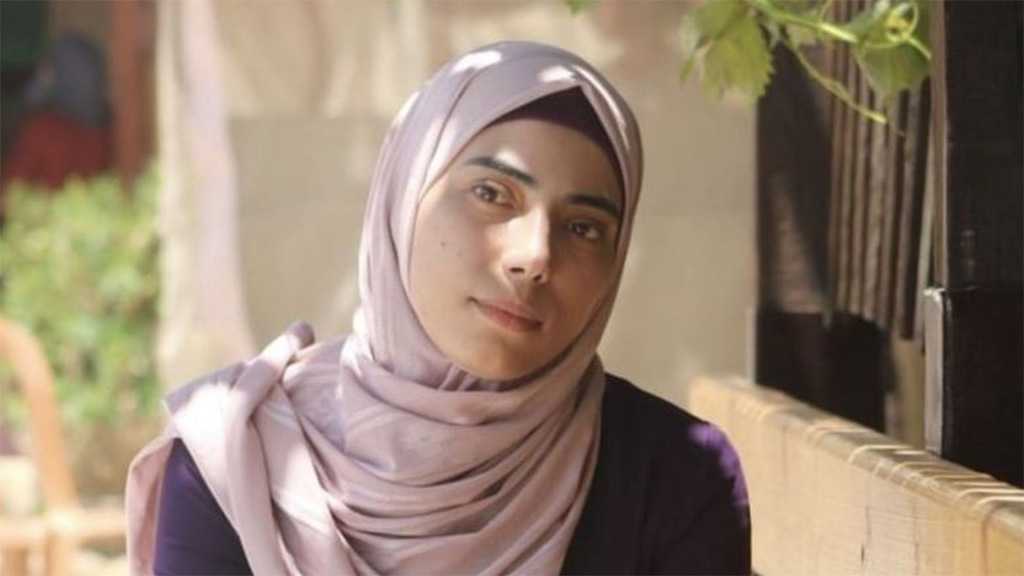
By Somaia Abunada | MEE
From the moment I decided to delay my travel out of Gaza in late August, the notion of the "butterfly effect" phenomenon has been haunting me.
After securing a graduate assistantship at my university, I was supposed to travel to the US to pursue a master's degree in English. I was thrilled to have found a way out of this suffocating prison called Gaza. But a day before my departure, my mother fell ill. I decided that I was not yet ready to leave my family and wanted to spend more time with them before leaving for what I thought might be an extended period abroad.
A little over a month had passed when my family and I woke up in a panic on the morning of 7 October to the thunderous sounds of exploding missiles. It wasn't long before news of ‘Israel's’ declaration of war had travelled throughout the Gaza Strip and fighter jets began launching strikes in the densely populated neighborhoods.
"It is war again!" I told myself.
The thought of enduring another war was terrifying; we had not yet healed from the four others we've experienced since 2008. But with no place to flee, we had no choice in Gaza but to prepare for the situation.
Families had already developed a routine around ‘Israel's’ routine bombardment, killing, and destruction: secure enough food and water, brace for a power cut, stay away from windows, and gather all family members in one place should a missile hit. Mothers would prepare their children by saying: "If our house is bombed and we all perished together, then we wouldn't have to suffer any heartbreak."
There would be no phone calls and no flashlights or candlelight after sunset since the ‘Israeli’ warplanes, thirsty for Palestinian blood, are ready to wipe out every living being.
On 14 October, all residents in my area received a warning from ‘Israeli’ forces that northern Gaza was to become a war zone. We were told to head south towards a "safe zone". I once again panicked upon hearing this news.
My family members gathered to discuss what was happening and initially rejected the idea of being displaced. I firmly stood against their decision. I cried until my voice gave out, begging them for us to leave. I wanted nothing more than everyone's safety and couldn't bear the thought of losing anyone. After my desperate attempts to convince them, my family reluctantly agreed to leave.
We packed our most important belongings like documents, some clothes, and food, but were unable to carry very much as no transportation was available. With fuel now cut off by ‘Israel,’ no cars were available to transport us south, forcing us to carry everything ourselves. We held our few belongings, leaving behind all of our memories, laughter, celebration, and the love we shared in our home. As we headed to the main street, we were shocked by the number of people who, like us, were evacuating.
Oh, how a single decision by one member can permanently transform the lives of an entire family!
'Can I split my lifetime?'
"Is this what the Nakba looked like?" I thought as I looked around me. Everyone shared the same facial expression as they fled their homes, their eyes crying for help but without tears and screaming but without a voice.
The air was thick from the heavy burden the people were carrying. We avoided making eye contact with each other, knowing that we were heading towards the unknown and not wanting to confirm this living nightmare was real.
My brother, who saw how heartbroken I was, whispered to me: “Don’t cry.” We continued our journey, exhausted and struggling to find our way among overwhelming crowds of fleeing families. The road was long, but we managed to find our way and reached our aunt's house in the south after three hours.
There, we experienced a few intense days in which we followed the horrifying news, story after story, of the mass killing of Palestinians and the wiping out of entire families and neighborhoods in Gaza, including the south. Despite that, we did everything we could to distract ourselves and try to live as "normal" a day as possible.
My family and I woke up early on the morning of 20 October to have breakfast together. As the day went on, it became quiet at my aunt's house while we were all busy cleaning up and carrying out various chores. The eerie, unsettling silence was so loud that, for a moment, we had almost forgotten that we were in a war.
While some might think this is a blessing, in a time of war, we all recognize it to be the calm before the storm, a prelude to the looming disaster. I tried so hard to suppress the overwhelming anxiety I felt but could not ignore it.
Before I knew it, a cascade of reddish hues and lavender clouds painted the evening sky, with the call to Maghrib prayer from the nearby mosque puncturing the deafening quiet. After sunset, we all prayed together and then sat silently, each of us in a corner, in this moment of tranquility. We did not talk to each other, drowned in our own thoughts and hoping this nightmare would end soon.
In the blink of an eye, a hot flame full of smoke broke into the house. I could not see anything and my feet were trapped. I could not move them, but still felt that they were not hurt. It took me a second to realize that we were targeted by a missile.
"So, this is how it feels to be under the rubble," I thought. I remained calm and stretched out my arm to check whether I was buried completely. The suffocating smell of the explosive competed with the oxygen. Everything was dark and mute until I heard the voices of my aunt, cousin, and mom.
The flashlights rushed to us. I saw my dad and extended my hand to him. He tried to comfort me, asking me to be patient. I realized that a huge wall had collapsed on my feet. A group of rescuers showed up right away and worked together to lift it off of me. By some miracle, I was free of any harm.
I looked at my mother, her face bloodied and half of her body still trapped under the rubble. I saw both my brothers. I checked to see if other family members were okay, but could not hear or see my sister. I knew that she was completely under the rubble.
I started screaming: "My sister is here, please save her!" I ran to the street, begging anyone out there to help save my older sister, Heba. I heard people inside announcing, "She is alive," and for a brief second, had thought they meant her. But it was my other aunt and I was happy she made it out safe.
It took rescuers 10 minutes to pull Heba out. I asked them if she was alive, but no one responded. An ambulance arrived to transport her to the European Hospital.
I stood there barefoot and watched as it drove away. My older brother, who is a nurse, held my hand and began to cry. I asked him if she was alive, but he did not answer. He noticed that I was barefoot and gave me his shoes. Another ambulance drove all of us to the hospital, where I received the news that Heba did not make it.
I couldn't understand. She had only been a few steps away from me. How did she not survive? With thoughts racing in my mind, I asked myself: "Why can't I have the power to split my lifetime in half to share with her so she could stay alive?"
'Is it cold in the mortuary?'
I was speechless. I could not cry. I could not shout. Everything happened so fast that we did not even hear the sound of the missile approaching. In a matter of seconds, a family of six became a family of five.
All I could think of was "Why?" Why did this have to happen? What did we do wrong? We were in the south. We did as they instructed us to do. We were all civilians. Aren't we supposed to be in the "safe zone"?
We learned that night that ‘Israeli’ warplanes targeted the house next door with a huge missile, killing an entire family - a mother, two daughters, two sons and their wives, and five children - and wiping out half of my aunt's house in the process.
That night, we all slept on the hospital floor and my sister was in the mortuary. I suddenly woke up and snapped in the middle of the night. I screamed: "This is all my fault! I insisted we all leave our house in the north." I kept thinking about the butterfly effect - the chain of events that followed my decision to remain in Gaza. Perhaps if I had left my family would have decided to stay in our home and my sister would still be alive.
As I continued to blame myself, my mother hugged me and assured me that it was never my fault.
We could not sleep and waited anxiously until the sun finally rose. My uncle came and asked us to go to the mortuary to say goodbye to Heba. The line to the mortuary was long and painful. We were not the only ones who lost their loved ones that day. The morticians eventually called us to see her. She was covered in white. Her face was peaceful. "Can I hug her?" I asked my mom, who readily agreed. I held my sister tightly and asked her to forgive me.
The mortician tried to hand me Heba's necklace, but I refused to take it. It was not real to me and I didn't want to hold it. I did not want to believe that I lost my only sister for good. Nothing made sense to me. We were supposed to grow old together. My future children were supposed to be best friends with her future children.
We were supposed to have plenty of time and many more memories to create together.
Life in a tent
After saying goodbye to my sister, we had no place to go. With my aunt's house destroyed, we became homeless with nothing but the clothes on our backs, covered in blood, dust, and smoke. We were now terrified of houses and refused to go to any others, as walls and ceilings could not protect us anymore. We decided to set up a tent outside in the hospital courtyard and made it from bedsheets and some bricks we found.
It was then that our struggle to secure basic necessities like water, food, blankets, and bathroom access began. While we were able to use patients' bathrooms, they were a long way and always busy. Still, we did not mind waiting since we had no other alternative.
Securing clean water needed more effort. ‘Israel's’ cutting off of water created a huge water shortage. And with thousands of people relying on the hospital for shelter, we had to line up for hours to fill our water bottles.
For the first few days, my aunt's relatives provided us with some food until we could move around and buy some from a small shop near the hospital.
During such a catastrophe, the amount of effort it has taken my family daily to survive has kept us anxious all the time. We barely find the time, energy, or space to remember Heba, mourn her, or even weep. Every night, after a long, tiring day of finding water and food, I think of her before sleep. I close my eyes and try to remember our last conversation, her last words to me. All I can recall is her smile that day when she saw me playing with my cousins.
My body and mind weary, I find myself unable to cry for my sister. With another long day ahead, I feel my brain activate its defense mechanisms and block out my feelings.
I keep asking myself: "What is more torturous in war: to lose your beloved or be prevented from grieving them?"

